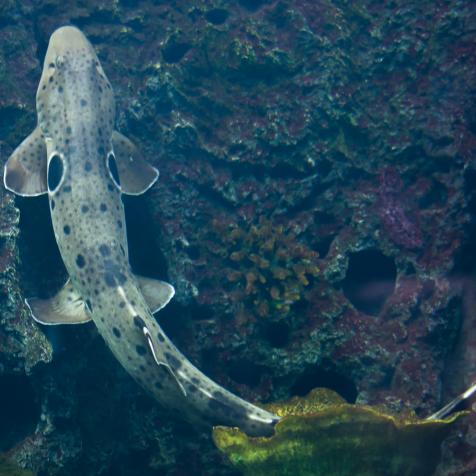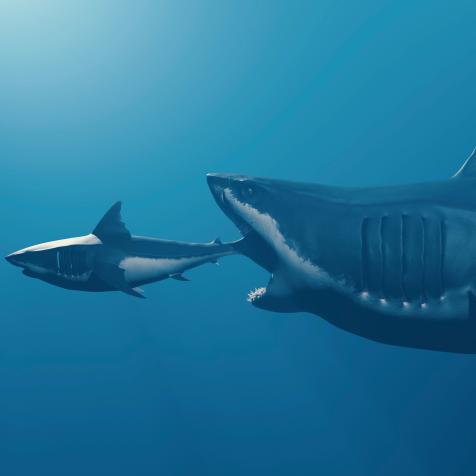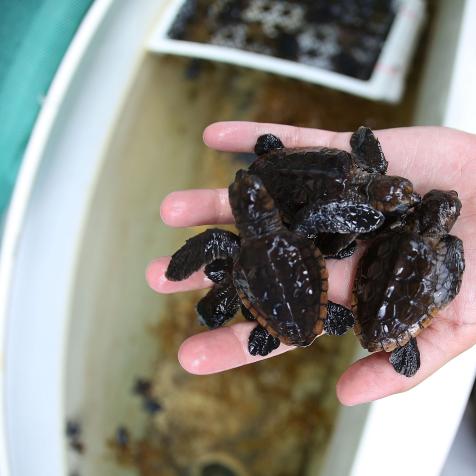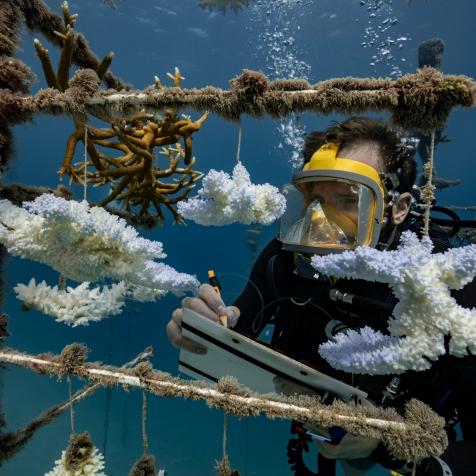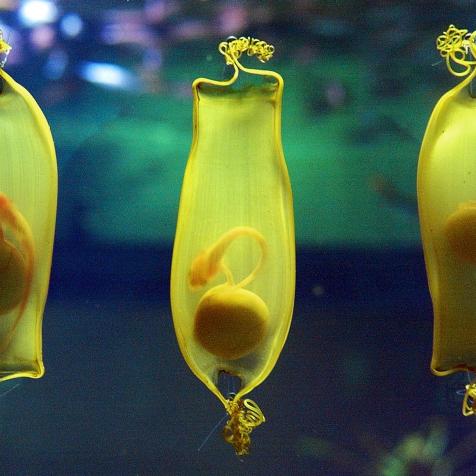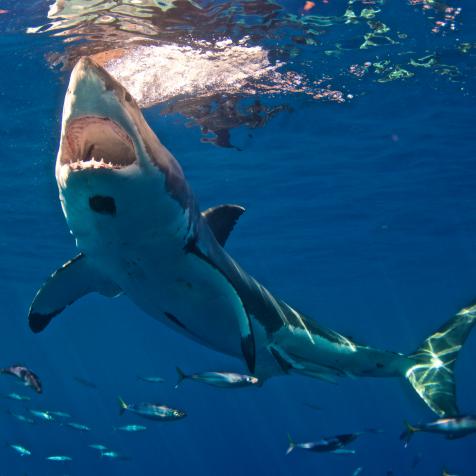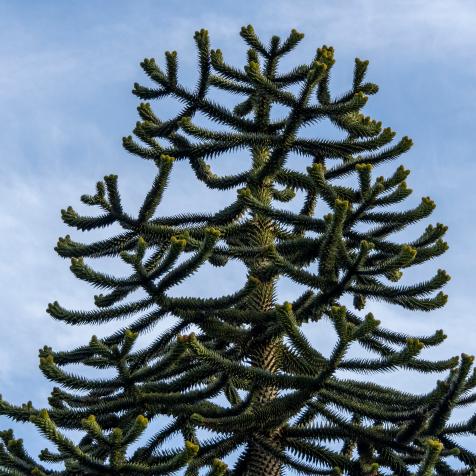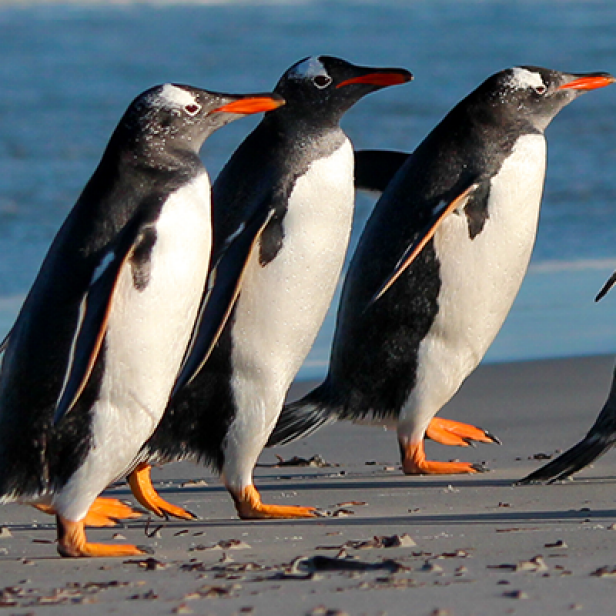
A Penguin's Waddle Is More Efficient Than Your Walk (Who's Laughing Now?)
Penguins swim with speed and grace, but on land, they're an adorable mess, heaving their portly bodies to and fro to shuffle one stubby little leg in front of the other. Well, don't be so quick to judge; that cartoonish walk is actually among the most efficient in the animal kingdom. It's even more efficient than yours.
Penguins are often considered a warning about the trade-offs of evolution: If you want to move around on land and in the water, you're going to have to choose which one you're good at. Penguins swim with speed and grace, but on land, they're an adorable mess, heaving their portly bodies to and fro to shuffle one stubby little leg in front of the other. Well, don't be so quick to judge; that cartoonish walk is actually among the most efficient in the animal kingdom. It's even more efficient than yours.
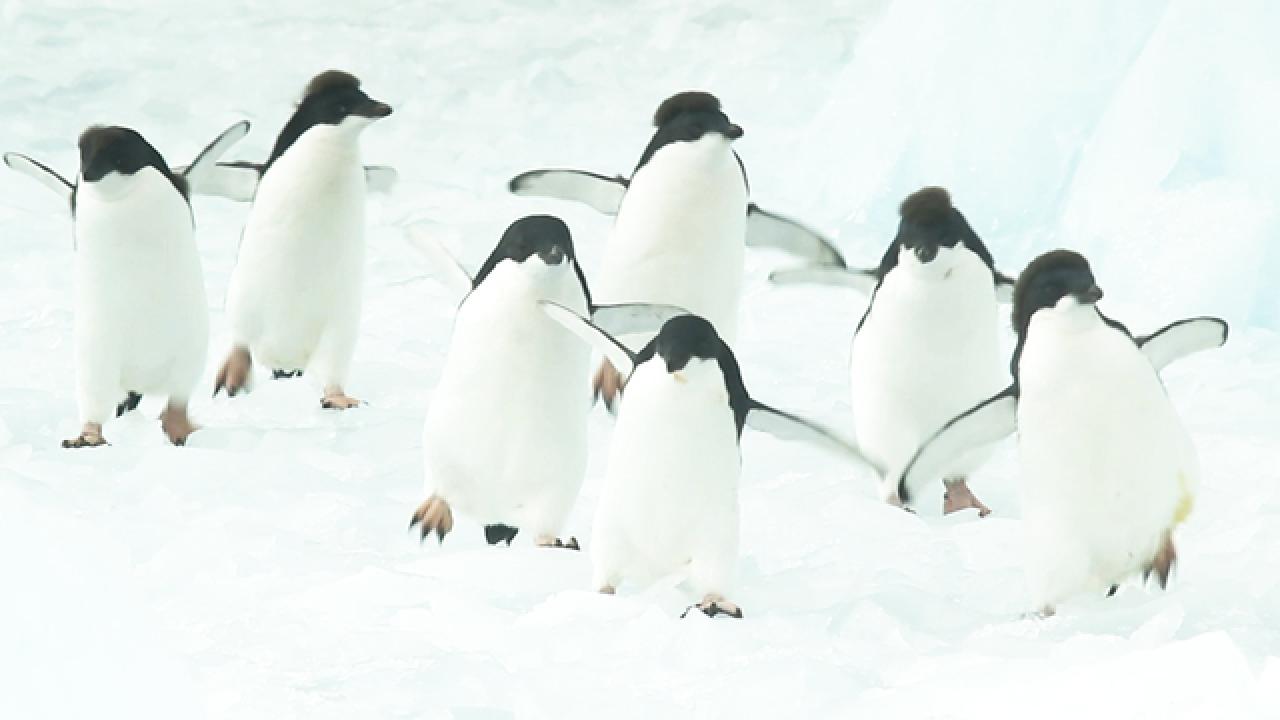
You Can Tell By the Way I Use My Walk
Back in 2000, Timothy M. Griffin of the University of California at Berkeley and Rodger Kram of the University of Colorado set out to study the biomechanics of the penguin's classic waddle. They headed to Sea World — where else? — and persuaded five emperor penguins to waddle across a special platform designed to measure the force of each step, along with the direction of that force and the speed at which each bird was moving.
Penguins rock from side to side with every step and the researchers thought this had to waste a whole lot of energy. But they were mistaken: Penguins' short legs and big feet might not be the best tools for getting around on land, but waddling is the best way to use the tools they've got.
Walking efficiency doesn't just come down to bones and muscles — it's also about the way you use them. The human gait is impressively efficient, mostly because we fall forward slightly with every step, using the help of gravity to propel us along. That extra help saves us 65 percent of the energy our muscles would need to exert if we relied on their force alone. That 65 percent figure is known as our energy recovery rate.
In their project, Griffin and Kram measured emperor penguins' energy recovery rate. It was 80 percent. That's among the highest of any land animal. When it comes to using gravity to your advantage, that side-to-side swing blows falling forward out of the water.
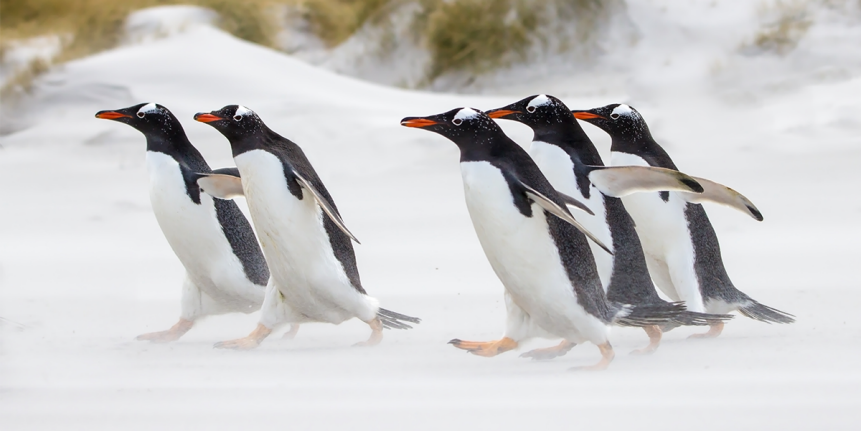
Shutterstock
The Waddle of Winners
That's not to say penguins don't use a lot of energy to get around on land. When they're on terra firma, they expend twice as much energy as any other land animal their size. Having short legs and big feet (and knees tucked way up inside their bodies) that are difficult to move along the ground is the steep price they pay for being good swimmers. Still, with their regular 50-mile treks to nesting grounds and the ease with which they hop over obstacles and scramble over inclines, they're not doing too badly for themselves.
In fact, they may help humans out in the long run. "Our knowledge gained from penguins provides novel insight into the gait mechanics of humans with increased lateral movements, such as in pregnant women or obese individuals," Griffin told Scientific American. "This information may lead to improved understanding, evaluation and treatment of individuals with gait disabilities."
This article first appeared on Curiosity.com. Click here to read the original article.



































































